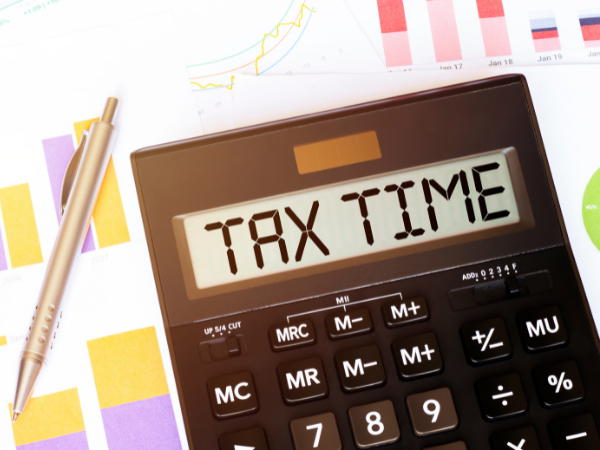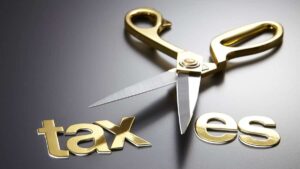These 17 creative ideas for reducing one’s tax burden will assist your firm in saving money in 2022
Tax Planning: As the 2021/22 financial year draws to a close you may be starting to think about your tax return. These 17 tips will enable your business to take advantage of tax-effective planning, so you can keep more of your hard-earned money where it belongs. Here are the 17 small business tax planning tips for 2022.
1. Pre-pay your expenditures
As of FY2021/22 ends, you may consider your tax return. These 20 recommendations can help your business reduce its tax burden and retain more hard-earned money.
2. Utilise the $150,000 instant asset write-off.
Any new or used assets you buy for your firm might be deducted from your taxable business income.
3. Take a look at your invoices.
Check whether any of your bills might be delayed for the current tax year.
4. Invest in your super fund
Increase your superannuation contributions. Deductible superannuation contributions may be up to $27500
5. Pay attention to your debtors and creditors account
Write off uncollectible debts. Your revenue for that year will then reflect the write-off of these debts.
6. In what ways are you structuring your investments correctly?
Structure, assets, and interests should be thoroughly investigated. Reduced or limited tax rates may be beneficial, depending on the structure.
7. Put your trust resolutions in writing.
Trustee decisions on distributing the income from a discretionary trust must be made by June 30 of each year and recorded by that date.
8. Negative gearing may be used to your advantage when purchasing investment properties.
The difference between your investment property’s income and expenses is tax-deductible. To be successful, the underlying asset’s value must grow.
9. Consider income insurance.
Income protection gives you peace of mind that your loved ones will be financially secure if you die and it is generally tax deductible.
10. Depreciation is a great time to buy
You should review your depreciation plan and completely write off any items no longer being used.
11. Increase the time it takes to get taxable income
Depending on your liquidity, consider deferring some taxable income collections until after June 30.
12. Complete an stocktake @ 30 June.
Discard broken or obsolete items from your inventory. Whichever is smaller, the stock’s cost or net realisable value determines its worth.
13. Taking advantage of tax refunds is a good idea.
Utilise all tax refunds. Depending on your circumstances and the kind of tax return you submit, you may get refunds.
14. Ensure that your vehicle’s logbooks are up-to-date.
You need a logbook for 12 weeks. A new logbook is required when you change your work situation, employment or car. If none of these things change a logbook can be used for up to 5 years.
15. Know what the ATO is looking out for.
The Australian Taxation Office (ATO) loves to notify individuals about what it’s watching for the upcoming tax year. This year their focus is crypto, rental properties and work related deuctions.
16. Keep detailed records.
Keeping tax records and receipts means that more deductions may be claimed, which lowers your tax burden in the long run.
17. With the help of your accountant, devise a tax-saving strategy.
Tax planning before 30 June is crucial for strategic planning for the short and long term. Tax planning aims to lower your current fiscal year taxes by June 30 and allows you to budget for your cashflow in the year ahead.
You Can Read Also:
Applying For A Director Identification Number
5 Advantages of Using a Bookkeeping Service
6 Reasons to Engage a Tax Agent





